Fever blisters (also called cold sores) are skin lesions caused by certain Herpes viruses, more precisely Herpes simplex viruses type one and two. Most people first come in contact with these viruses during childhood. It might be some infected family member who has kissed them or the child starts to chew some object previously held and contaminated by a person infected with Herpes simplex virus.
After initial infection some children or adult patients will not have any problems but some will. These patients might experience frequent bouts or fever blisters and this may be a very unpleasant experience, regardless patient’s age. Individuals who suffer from very severe or very long bouts of cold sores should visit and consult their doctor, in order to diagnose the problem. Also, the doctor will be able to differentiate food allergy or some other more serious problems associated with recurrent simple herpes infection as a cause of fever blisters.

What everyone should be aware of is that currently, there is no cure for Herpes simplex infection and therefore no cure for cold sores as well.
What’s the Story with Fruits and Fever Blisters?
Some people are convinced that taking some citrus fruit can provoke an outbreak of fever blisters if someone is already infected with the Herpes virus. Although there is no scientific proof to back this claim, you can try to avoid food in general which is known to be more acidic and opt for a less acidic one.
Those who advocate avoidance of acidic food and fruits say that acid may damage the mucous membranes and lead to the development or even worsening of existing fever blisters. Therefore, people who have cold sores from time to time should avoid citrus fruits, but also different berries, plums, pomegranates and pineapples, for these fruits contain the most acid of all fruits there are. If you cannot avoid these, try to eat them whole, because that way they will be less harmful than the direct influence of their juices.
Coconuts, cantaloupes, bananas and watermelons are exceptions among fruits, being non-acidic and these can be consumed even if you have fever blisters.
- Blackberry extract ?56 ?g/mL inhibited HSV-1 replication in oral epithelial cells by >99% (P
- Concentrations ?280 ?g/mL were antiviral when the extract was added after virus adsorption and entry.
- Exposure of cell-free virus to ?280 ?g/mL blackberry extract for 15 minutes at room temperature was virucidal (P = .0002).
- The virucidal effects were not due to pH changes at concentrations up to 1,500 ?g/mL.
Medical Treatment for Fever Blisters
Modern medicine can only shorten the duration of cold sores and make the condition less uncomfortable for the patient. Doctors may advise otherwise healthy adult patients to use docosanol (approved by the FDA, Food and Drug Administration). This drug is found to as efficient as some antiviral medications, especially acyclovir and penciclovir, which can reduce some of the symptoms if taken in small doses.
Valacyclovir and famciclovir tablets can also be useful if taken in a single dose. Additionally, there is a chance that a non-treatment cream containing zinc oxide or zinc sulphate or even some anesthetic creams work effective as well.


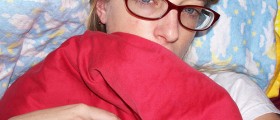



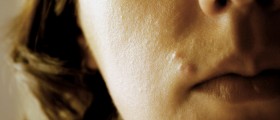
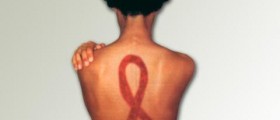
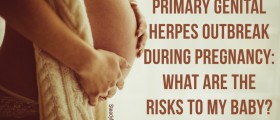
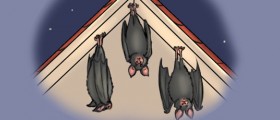
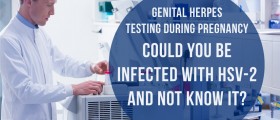
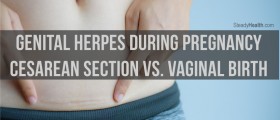

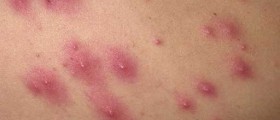
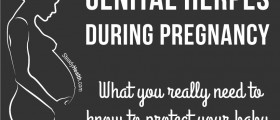
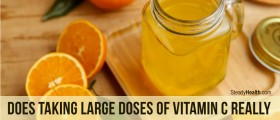
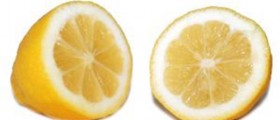
Your thoughts on this
Loading...